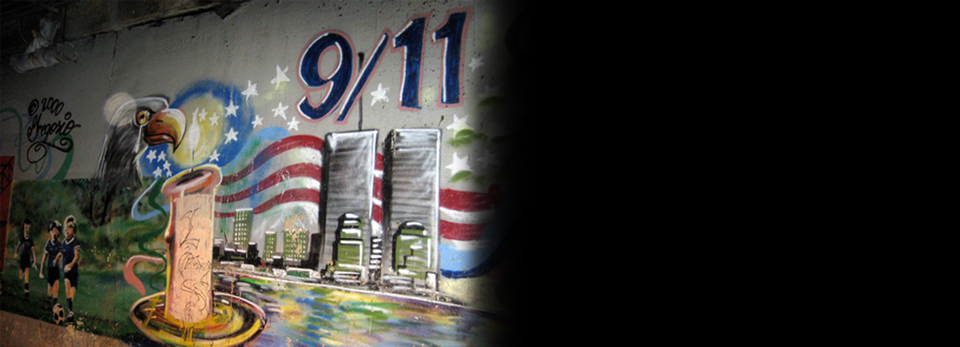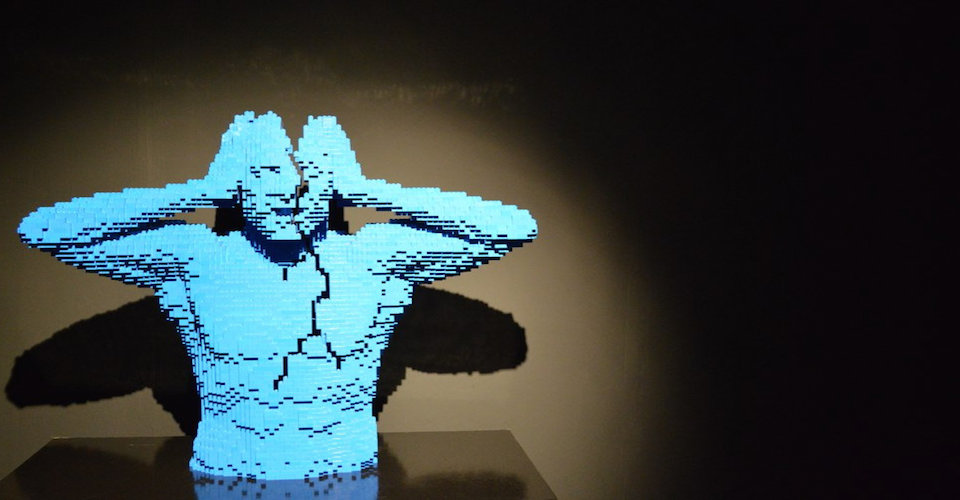‘There is a bitter and dark struggle around time and the use of time’. Thus wrote Henri Lefebvre and Catherine Régulier in an 1985 article later collected in Lefebvre’s final set of essays, Rhythmanalysis, posthumously published in 1992 (Lefebvre 83). As if the day is not long enough for all our repetitive tasks, the …
View More Duration Without Breaks: Marclay and McQueen Against the ClockTag: Don DeLillo
9/11 Fiction and the Death of Irony
A week after the terrorist attacks of September 11, 2001, the editor of Vanity Fair, Graydon Carter, was quoted as saying that ‘the end of the age of irony’ had arrived, while Roger Rosenblatt, of Time, wrote: ‘One good thing could come from this horror: it could spell the end of the age of irony’. The affirmation that irony had died seemed to be confirmed in those first weeks, with many other commentators …
View More 9/11 Fiction and the Death of IronyLoud Fictions: Noise in the Contemporary American Novel
In his 1946 essay, ‘Silence,’ the English novelist Aldous Huxley described the twentieth century as ‘the Age of Noise. Physical noise, mental noise and noise of desire – we hold history’s record for them all’ (149). Writers of the early twentieth century saw noise as a symptom and consequence of modernity and modernist writing, as Josh Epstein notes, was ‘infiltrated’ by ‘the sounds of air-raid sirens, trains, typewriters,
View More Loud Fictions: Noise in the Contemporary American NovelDeLillo, Aesthetics, The Cold Iraq War
As one of the most important American writers of the late-twentieth century – alongside Toni Morrison and Thomas Pynchon in particular – Don DeLillo is a notable target of…
View More DeLillo, Aesthetics, The Cold Iraq WarStill Here: Post-Millennial Metafiction and Crypto-Didacticism
In 1993, David Foster Wallace published an essay piece entitled “E Unibus Pluram” in which he outlined his belief that fiction should move away from the ‘critical and destructive’ postmodern irony that he saw as…
View More Still Here: Post-Millennial Metafiction and Crypto-Didacticism




